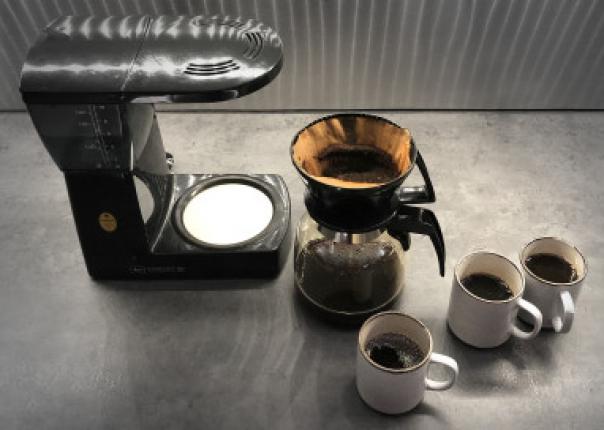
Results of the study
Rikard Landberg, professor in food science at Chalmers and affiliated professor at the department of public health and clinical medicine at Umeå University, said: “We have identified specific molecules – ‘biomarkers’ – in the blood of those taking part in the study, which indicate the intake of different sorts of coffee.
“These biomarkers are then used for analysis when calculating type 2 diabetes risk. Our results now clearly show that filtered coffee has a positive effect in terms of reducing the risk of developing type 2 diabetes. But boiled coffee does not have this effect.”
Researchers found that people who consumed two to three cups of filtered coffee a day had a 60% lower risk of developing type 2 diabetes than people who drank less than one cup of filtered coffee a day.
All the data used in the research came from a group of Swedish participants, collected between 1991 and 2005. Participants had their blood analysed and they answered a questionnaire about their eating habits.
Filtered coffee vs boiled coffee
Filtered coffee is the most popular method of preparation in the US and Scandinavia. Boiled coffee refers to an alternative method of preparing coffee where coarse ground coffee is added to boiling water and left to brew for a few minutes.
According to Landberg many people believe coffee only has a negative effect on health. This could be because previous studies have shown that boiled coffee increases the risk of heart and vascular diseases, due to the presence of diterpenes. However filtered coffee catches the diterpenes.
To differentiate the diabetes risk for boiled and filtered coffee a new technique called metabolomics was used in combination with classic dietary questionnaires.
Lin Shi, postdoctoral researcher and the lead author of the study, added: “Metabolomics is a fantastic tool, not just for capturing the intake of specific foods and drinks, but also for studying the effects that that intake has on people’s metabolism. We can derive important information on the mechanisms behind how certain foods influence disease risk.”
Filtered coffee vs other types of coffee
Espresso coffees are brewed without filters so Landberg believes the health effects could be similar to boiled coffee in terms of the risk of type 2 diabetes.
Coffee made in a cafetiere or French press is prepared in a similar way to boiled coffee, so it may not have the positive effect of reducing type 2 diabetes like filtered coffee.
Landberg also stresses the health impacts of coffee do not solely depend on if it is filtered or not. It also depends on how the coffee beans and how the coffee is managed.